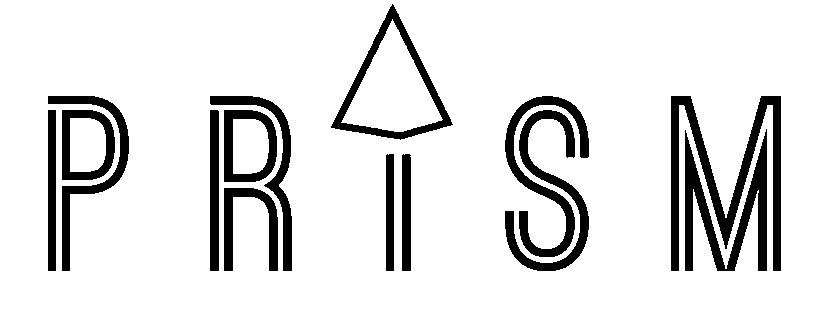Extension is Tension
- Karla Hollan

- Mar 4, 2022
- 2 min read
Updated: Sep 1, 2023
Years ago I worked as a pediatric PT helping babies overcome some of their neurological issues. There is a primitive reflex they would show. They would arch their back, clench their fists, extend their arms/legs outward, and scream. This position and reaction was normal up to a certain developmental age as their brain and body were responding to overstimulation of senses. The babies without nervous system issues were much easier to soothe as I collected their arms and legs inward, flexed their spine, and reduced some of the stimuli. As their healthy brain matured their nervous system modulated an influx of stimuli and they began to show balanced body movement and an easier disposition even without being soothed.

As adults, we have grown out of primitive reflexes and there is no longer a need for those extreme fight or flight responses, right? Yet I submit to you that as a human race, we are revisiting extension patterns similar to our primitive reflexes more often than we realize. If that becomes a pattern, it perpetuates nervous system unrest and imbalance. Moreover, a chronic, over-tensed posture affects the efficiency of breath and gas exchanges needed to balance the body and brain. This can create more emotional stress responses, create more physiological hormonal fluctuations, and even anatomically change the shape of a human’s skull and face over time.
Picture This
Visualize someone standing tall with their chest puffed out like a proud pigeon, their butt pushed back with what pop culture assumes is ideal, and an obvious super curve in the low back. Good posture? These can actually be patterns of postural extension and sources of internal brain and body tension. Spine segments no longer know the natural curves and their "new normal" begins to change muscle position and therefore shift bones. Much of this is so subtle because it happens over time. Then there’s the domino effect. For instance, the flattening of the neck curve and reverse of the middle spinal curve can cause compensations of the neck muscles, jaw complex, cranial bones, and eventually even the visual system. By that time, the client is in pain, has headaches, immune responses like eczema, or fatigue. And these new patterns—are stubborn. Prolonged extension is not only physically detrimental, but also harmful to neurological, respiratory, and mental health even as adults.
What to Do
If you sense you are overreacting to life, in a constant state of tension, always exhausted, or postural ineffective, find a PRI (Postural Restoration Institute: www.posturalrestoration.com) trainer/therapist to help you with the process of re-positioning body to reframe the brain.
To decrease a client’s overall fatigue, wear and tear on their joints, and pain from these extended states of body and mind, we begin with objective testing and goal setting in a one hour evaluation. Position and breathing assessments direct how much time we spend on techniques designed to increase the body's airflow. My treatment delivers ways to DO life feeling more calm, less over extended, and less like a temperamental infant with primitive reflexes.




Comments